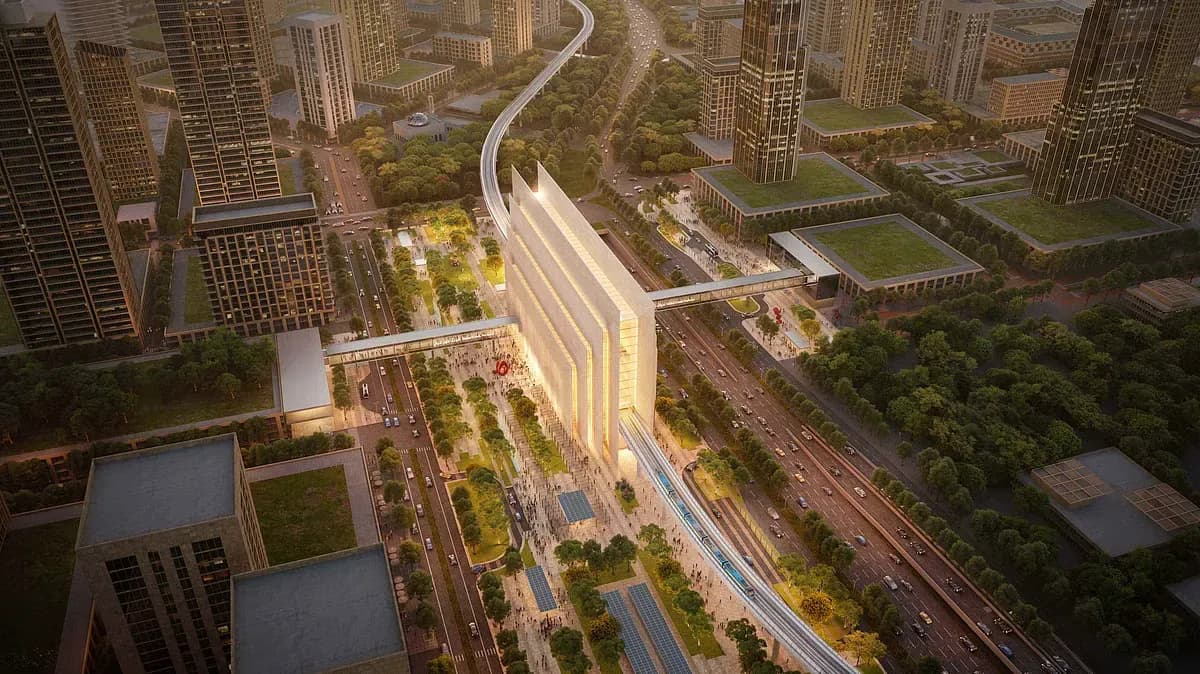Fukushima, Japan – September 8, 2025 – In a forward-thinking move blending sustainability, tradition, and regional resilience, Fukushima United FC, alongside Japanese design studio VUILD, has unveiled plans for a groundbreaking all-timber stadium. Set to become the nation’s first circular wooden stadium, this 5,000-seat venue is envisioned as a beacon of community renewal in the wake of the 2011 earthquake and nuclear disaster.
A Circular Icon Built on Local Roots
The project, entirely crafted from locally sourced timber, is designed for full disassembly and reuse, promoting a circular economy in architectural practice.
“The stadium will be built using wood, with layers of lumber sourced from Fukushima Prefecture. Each component is designed to be disassembled and reused, promoting the recycling of local resources.”
Tradition Meets Modern Design
Drawing inspiration from Japan’s centuries-old Shikinen Sengu, the ritual rebuilding of shrines, the design centers around three cycles: resources, community, and craftsmanship. Local residents and club members will actively participate in construction, celebrating communal craftsmanship and instilling new skills through reforestation and woodworking education.






